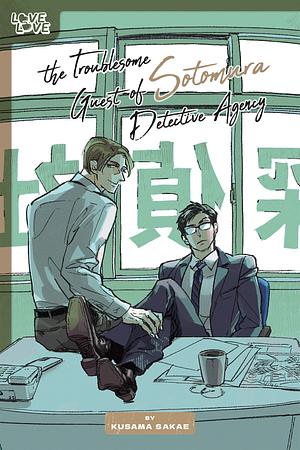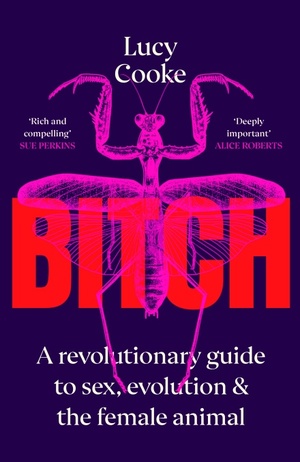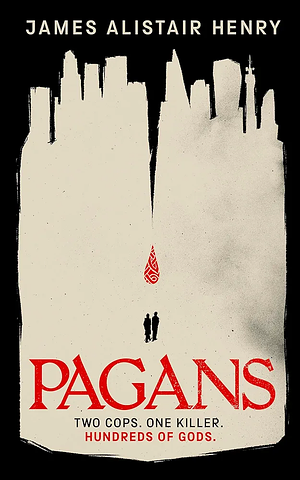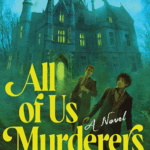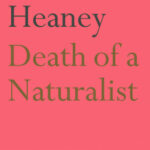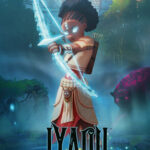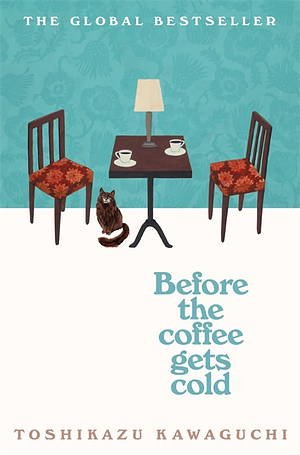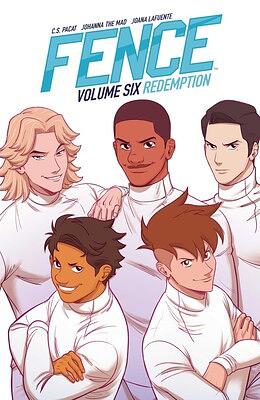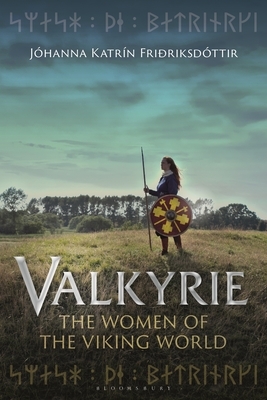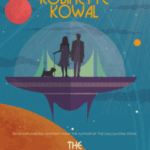 What have you recently finished reading?
What have you recently finished reading?
Kacen Callender’s Felix Ever After, which… I think would’ve meant a lot to me 10-15 years ago. Though it would probably have also been more viscerally upsetting 10-15 years ago, since the main character gets private details exposed in school which is reminiscent to me of someone finding private stuff of mine and outing me to the entire school as a lesbian (not a term I use for myself, but close enough to true to kick off several years of intense bullying). It was very teenage, in a way that doesn’t speak to me much now, but I think I’m glad I gave it a shot. I need to mull over how to properly review it.
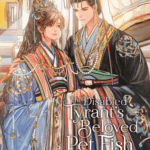 What are you currently reading?
What are you currently reading?
A lot of books at once, as I try to finish off my Book Spin Bingo card! Let’s see… the last thing I was reading was Emily Tesh’s The Incandescent, which is pretty fun. I have some theories about where things are going, and I kind of hope I’m wrong, just so it can surprise me.
I’m also still partway through volume three of The Disabled Tyrant’s Beloved Pet Fish, which is still cute and silly. I’ve also started on: Anna Bright’s The Hedge Witch of Foxhall, which I’m still kind of dubious about; Mary Robinette Kowal’s The Spare Man, which I’m enjoying but in which the mystery so far is not that mysterious apart from one element; aaand Fonda Lee and Shannon Lee’s Breath of the Dragon, which is enjoyable enough but not totally wowing me right now.
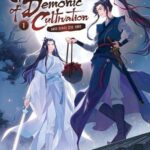 What will you be reading next?
What will you be reading next?
Volume one of Mo Xiang Tong Xiu’s The Grandmaster of Demonic Cultivation, also for my Book Spin Bingo card! I’d wanted to finish Disabled Tyrant first, but I had a couple of days of not reading much, so it won’t work out if I want to finish off the bingo card.
I also want to read a couple of manga and comics I’ve identified for a comics bingo card, but that might have to wait for November. Sadly, there are only so many reading hours in the day, for some weird reason.

